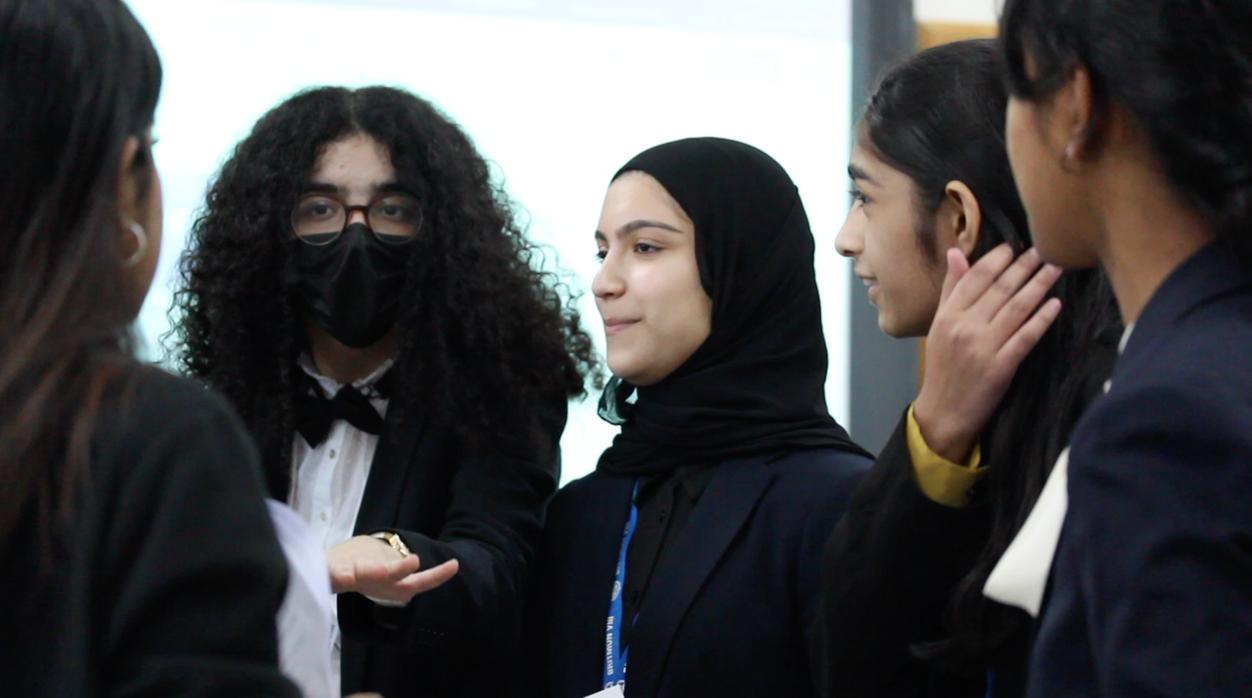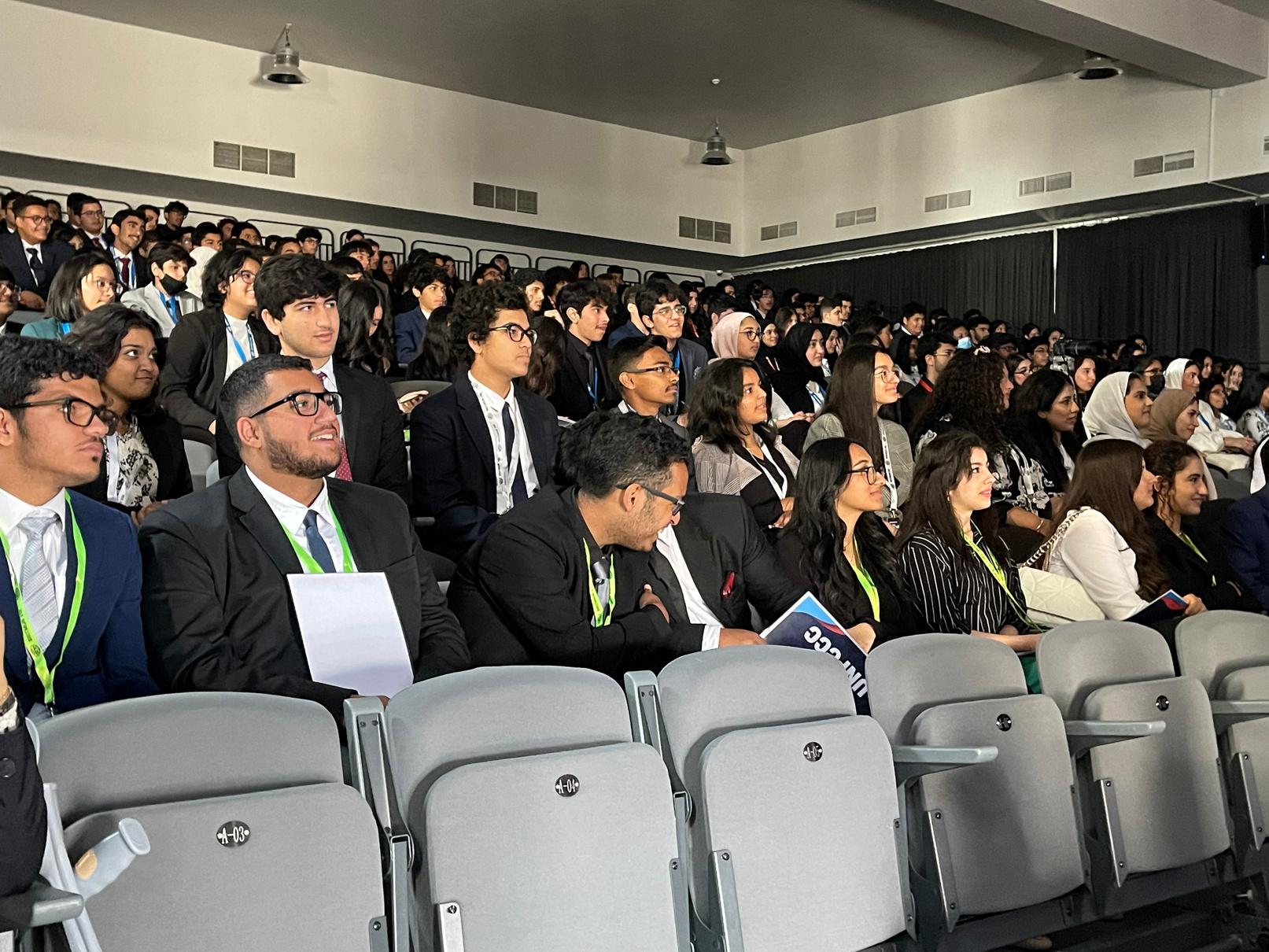
1 minute read
CENTRAL INTELLIGENCE AGENCY
from BritMUN VIII
by Thebsbblog
The Central Intelligence Agency (CIA) council also held a meeting on Friday 17th March to discuss the controversial figure of Edward Snowden, the former intelligence contractor who leaked classified information about government surveillance programs The debate was marked by passionate and heated discussions among the delegates, including some unmoderated caucus between the chairs
The issue of government surveillance has been a contentious one since Snowden's revelations came to light in 2013 While some see him as a heroic whistleblower who exposed unconstitutional and invasive government practices, others view him as a traitor who endangered national security
Advertisement
The delegates at the CIA meeting presented a range of opinions on the matter, with some arguing that Snowden's actions were a necessary check on government power, while others contended that he endangered the lives of intelligence agents and exposed sensitive information to foreign adversaries.
The delegates at the CIA meeting presented a range of opinions on the matter, with some arguing that Snowden's actions were a necessary check on government power, while others contended that he endangered the lives of intelligence agents and exposed sensitive information to foreign adversaries
During the unmoderated portion of the meeting, the chairs themselves engaged in a passionate debate, with some expressing their admiration for Snowden and others denouncing him as a criminal. The exchange highlighted the deep divisions that exist within the intelligence community and the broader public on this issue.
Despite the intense emotions surrounding the topic, the delegates remained civil and respectful towards one another, recognizing the importance of hearing and considering different viewpoints. While no consensus was reached on the matter, the meeting provided an opportunity for the CIA to grapple with the complex and controversial legacy of Edward Snowden, and to continue the ongoing debate around government surveillance and individual privacy.


